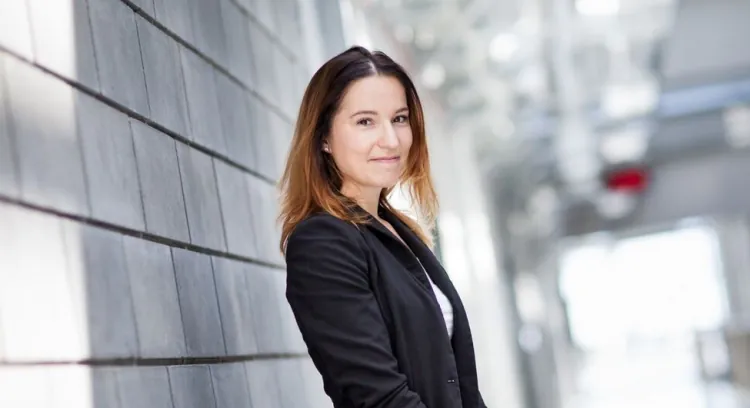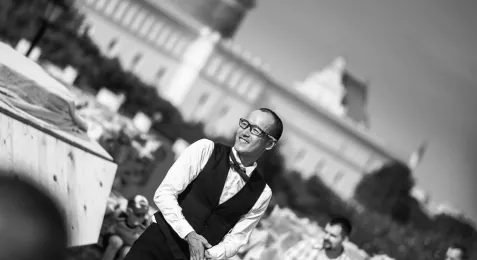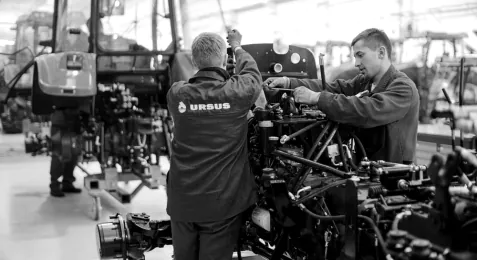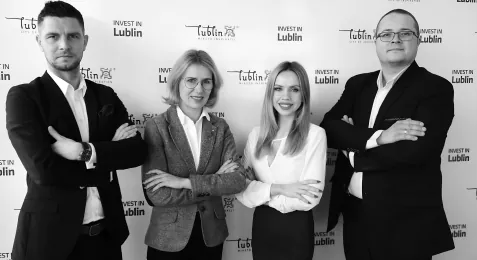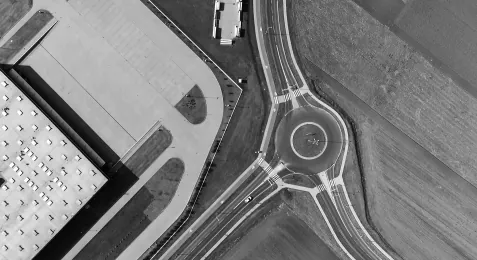Lublin Info Centre
Integrating international students
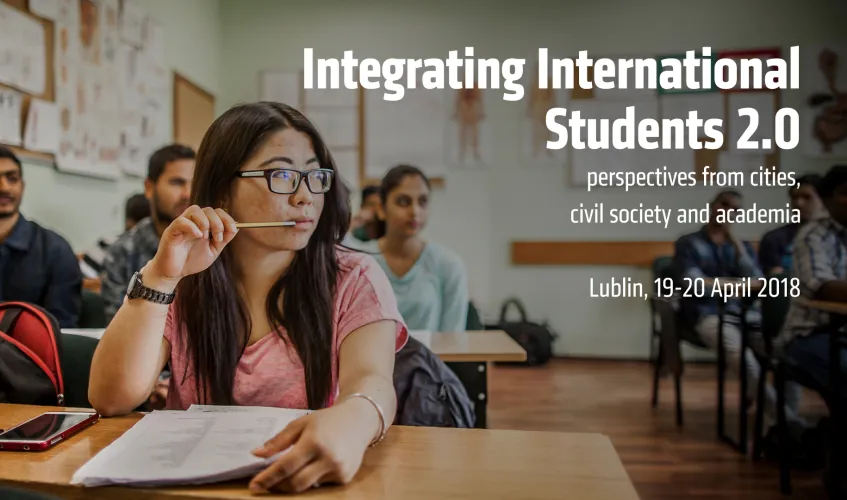
For many years Lublin is the host of initiatives and organisations supporting in the difficult, time-consuming, and engaging process of integration. Intercultural integration is a term used to describe a situation when immigrants to a new country while preserving their own cultural identity, create bonds and relations with receiving community – which is us, residents of Lublin – and participate in various areas of the city life on equal terms with other residents. Integration works both ways, even though the effort is not necessarily the same. In other words: one side needs to want to integrate and the other needs to make sure they are able to do that.
Lublin chose to work according to intercultural integration model of the Intercultural Cities Programme run by the Council of Europe. It has been recommended for implementation to the member states of the European Union as a model policy based on the fact that cities are laboratories of integration policies and have means to strengthen social cohesion. Recommended actions are: promoting interculturality of cities, building diverse identities of cities, adjusting public policies, services and institutions to meet the needs of migrants as well as including them into social life on various decision levels. Projects ‘Lublin for All‘ and ‘Communication for Integration‘ are parts of such actions on behalf of Municipality of Lublin.
Many reports on integration processes in our city present Lublin as an example of cooperation between subjects from various sectors of social life involved in activities promoting participation of foreigners in the host community and building friendly relations between all the parties. Non-governmental organisations in Lublin often set new standards of work with foreigners. Their representatives, being members of expert groups and counselling bodies under the state administration, are an essential link in the creation of the state integration policy. The support of the public administration is also of considerable importance. Despite the model activity for integrating foreigners in Lublin, there are still specific areas which require improvement to find even more efficient methods of integration. This is determined by the current geopolitical and social context. Non-governmental organisations and public administration in Lublin still need to face challenges. But we all in Lublin: public administration, NGOs, universities are ready to work according to intercultural integration model. Let’s start this work by attending the conference which concerns the integration of international students on the 19th and the 20th of April in Lublin.
